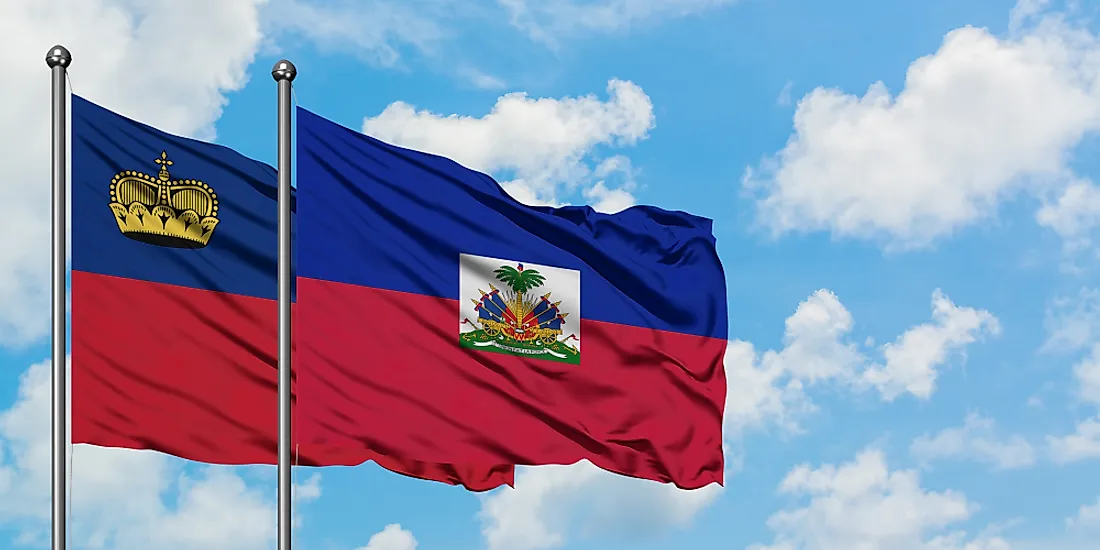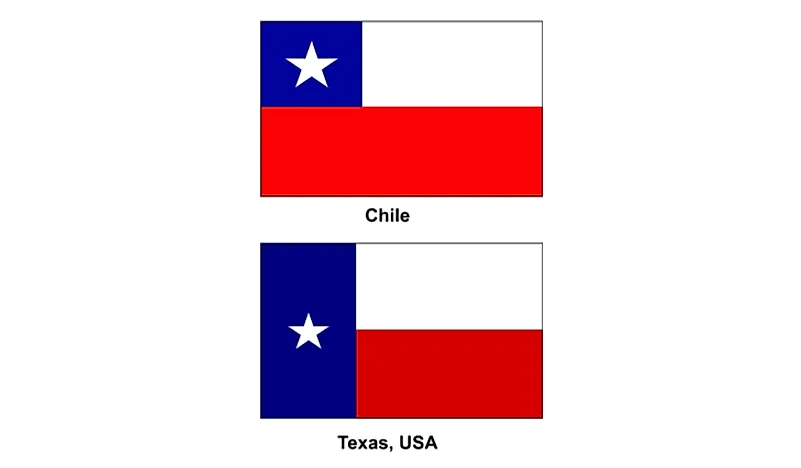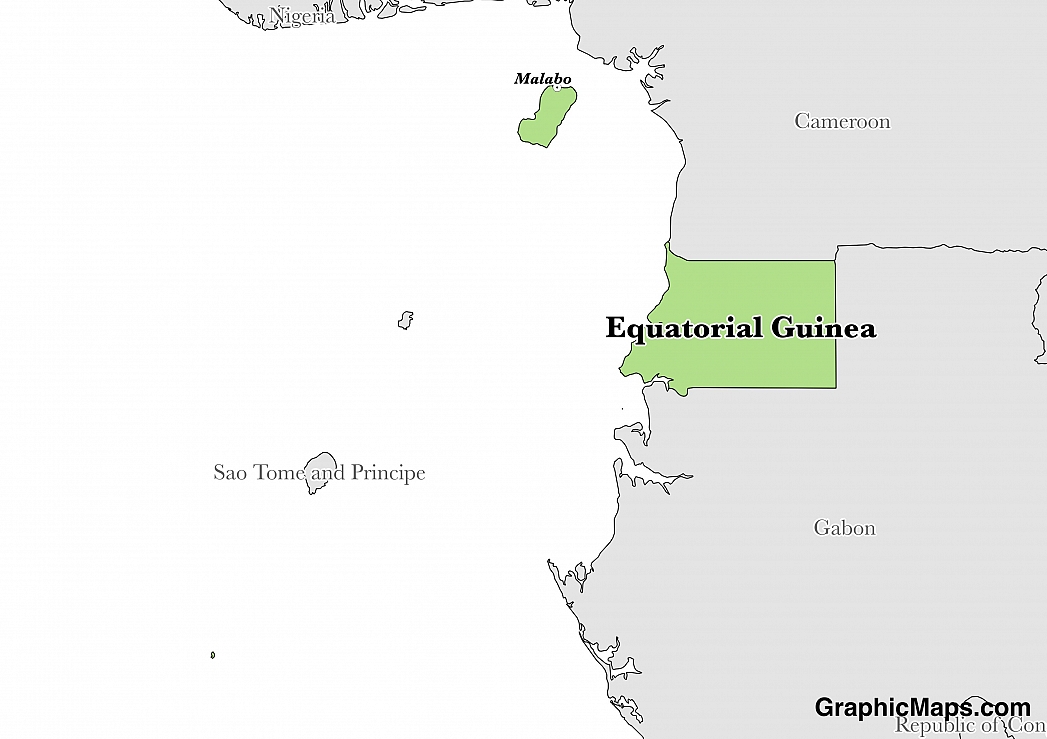Equatorial Guinea's government is considered to be a presidential republic in which the President of the country holds the head of government and head of state position.Executive power is held by the government and legislative power belongs to the Chamber of People's Representatives as well as the ruling government.
The first municipal elections were held in the country in September of 1995 and Mbasogo called for Presidential elections to take place in January of 1996. Many candidates withdrew in the final weeks of the campaign and Mbasogo won 98% of the votes. This election was widely criticized as fraudulent and unfair by international observers and all subsequent elections have also been subjected to the same criticism.
The parliament of Equatorial Guinea is located in the capital city of Malabo and has two chambers, the Senate and the Chamber of Deputies. There are 70 seats in the Senate and 100 seats in the Chamber of Deputies with the PDGE party controlling 168 of them. The Senate includes 15 members directly appointed by the President of the country. The opposition party, the Convergence for Social Democracy, holds just one seat in each chamber.
The country is considered a one-party state, ruled by the Democratic Party of Equatorial Guinea (PDGE).
This page was last modified on May 1st, 2018
More on Graphicmaps

Published on 2019-11-06
What is a Trade Embargo?

Published on 2019-11-04
Which Two Countries Used to Have the Same Flag?

Published on 2019-09-16
What Is the Only Two-Sided State Flag?

Published on 2019-09-16
Which Country Flag Looks Like the Texas Flag?

Published on 2019-08-29
Flags That Resemble the US Flag

Published on 2019-08-20
